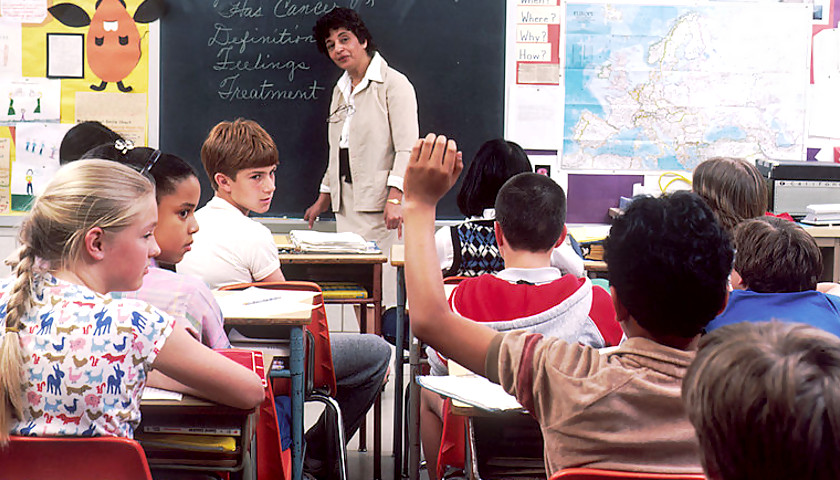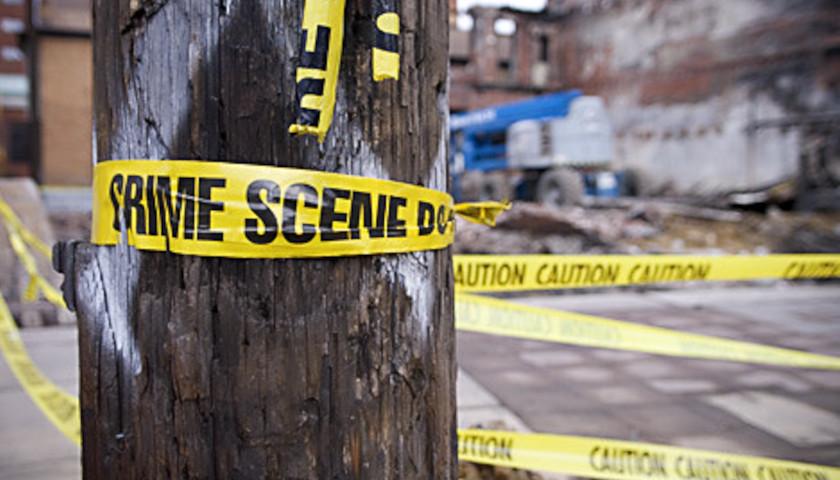Metro Nashville city leaders have released a plan for re-opening schools this fall with protocols and guidelines in place to protect students, staff, and families from the potential spread of COVID-19 while in schools.
This, according to a press release that Metro Nashville Public Schools put out Tuesday.
No one at the MNPS returned The Tennessee Star’s request for information Tuesday. The school system’s press release, however, said the guidelines are based on the level of community spread at the time of schools reopening and throughout the school year.
“MNPS students and their families have worked hard to continue their education through remote and virtual learning,” Cooper said in the press release.
“They’ve showed resiliency and finished the 2020 school year strong. Nashville’s Plan for Reopening Schools is built on public health best practices, and we will do everything possible to safeguard our students’ health as they return to their classrooms for the 2020-21 academic year.”
MNPS Director Adrienne Battle and the city’s COVID-19 Task Force Chair Alex Jahangir chaired a task force that developed the Nashville Plan. Representatives of independent schools, Catholic schools, charter schools, health care leaders, and emergency management experts from within and outside of Metro Government participated in the planning, the press release said.
“Nashville has made a lot of progress, and we are optimistic for a return to some sense of normalcy in August, but we must be vigilant to ensure the safety of all when doing so,” Battle said in the press release.
“A unified framework for all schools will give families a clear direction for where the city is going to be in the fall, with the flexibility necessary for individual schools and organizations to develop their own plans based on the needs of their students.”
Nashville’s Plan includes a review of the science known about COVID-19 and the risk of community spread, as well as metrics for determining which of the three scenarios schools would operate under based on the reproductive number of the virus.
The plan’s recommendations have operational minimum guidelines based on three levels of community spread of COVID-19:
- No Spread to Minimal Spread:Corresponding to Phase 4 of the Roadmap, schools would operate under relatively normal conditions under this scenario. Steps taken would be similar to what occurs during a normal flu season.
- Minimal to Moderate Spread:Corresponding to Phase 3 of the Roadmap, schools would engage in significant social-distancing protocols to reduce potential contact between staff and students. Masks would be worn in common areas, entrances and exits would be limited, large-scale assemblies would be discontinued, hallways would be made one-way in certain circumstances, meals would be eaten in classes when possible or schools would enact social distancing policies in cafeterias.
- Significant Spread:Corresponding to Phase 2 or less of the roadmap, school facilities would be closed. Students would learn remotely whenever possible.
Each school, organization, or district will develop their own specific implementation plans for how to operate under the three scenarios outlined. Unique challenges, such as vulnerable student populations, facility capacities, or successful implementation of remote learning in an equitable fashion, must be considered when developing plans for implementing the framework.
– – –
Chris Butler is an investigative journalist at The Tennessee Star. Follow Chris on Facebook. Email tips to [email protected].






Heck, just let them stay home and play computer games on their “free” laptops, give all the students a “C” and advance them to the next grade level. That would be much simpler and cost effective then making them actually attend a class and the results would be comparable to the current results within the MNPS.